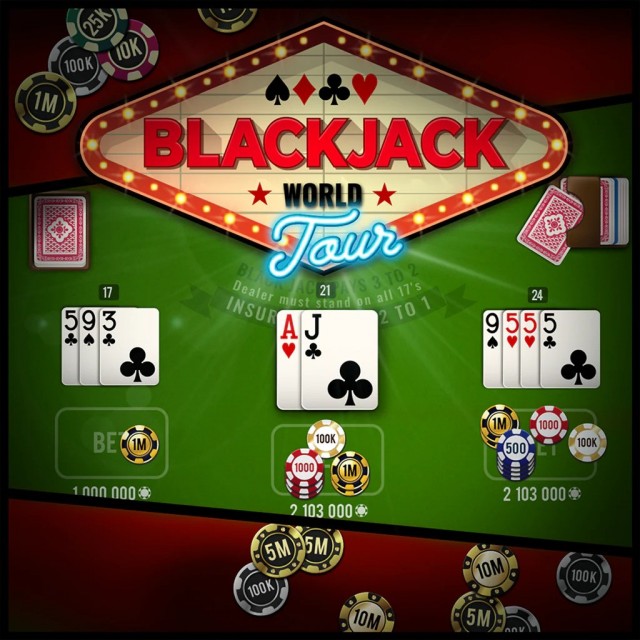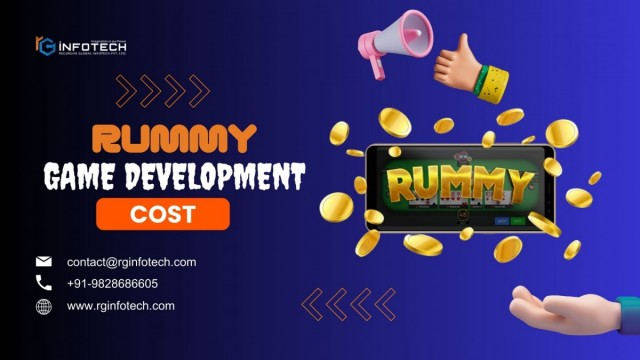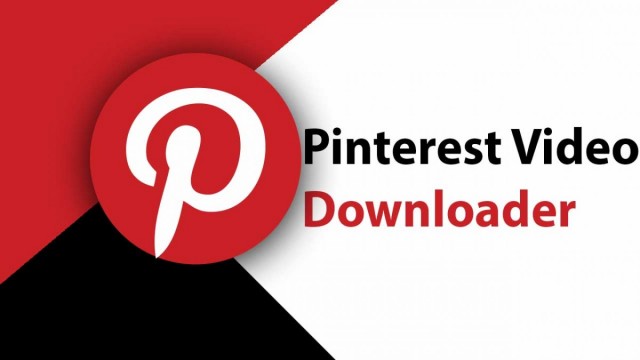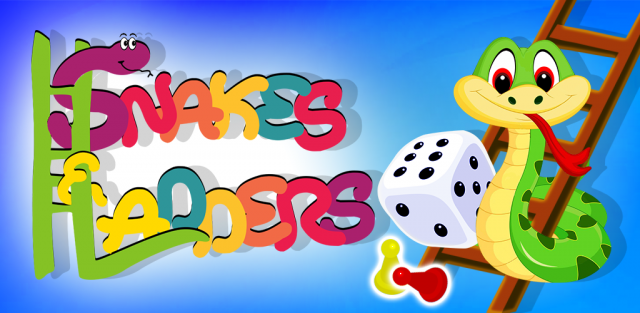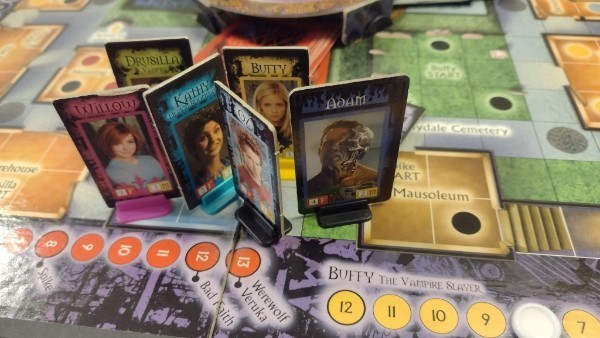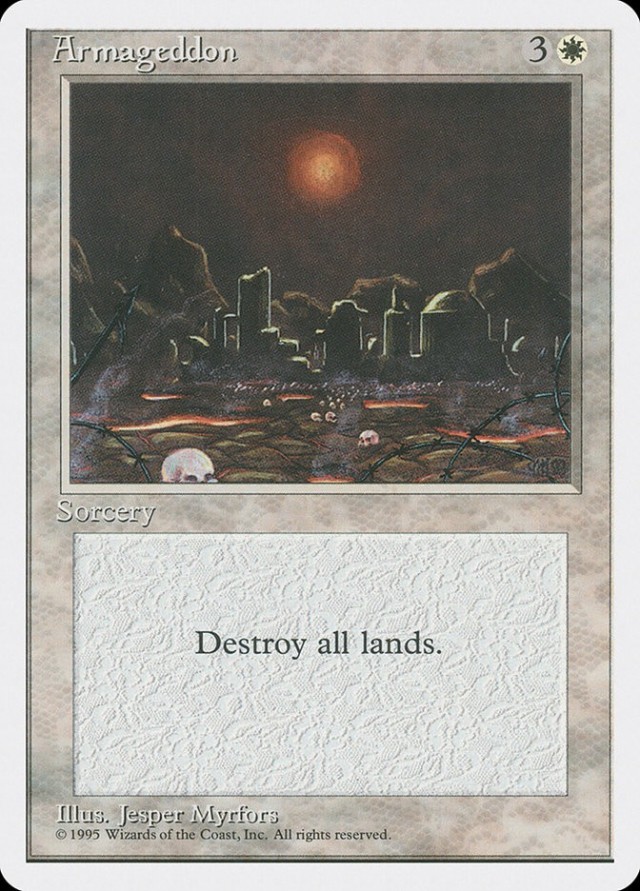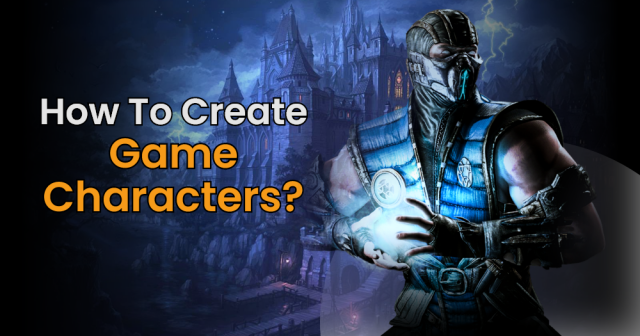I posted this elsewhere, but thought it might prove interesting to a handful of FATties.
2012 was a great year for us, thanks, in large part, to Kickstarter. There’s no denying the impact, opinions, and controversy surrounding this newest force in board game publishing. Love it or loathe it, Kickstarter is here. Will Kickstarter continue to be a driving force in 2013? I don’t have a crystal ball, but I have our experiences with the platform, and I know what it has done for SBG.
There have been a lot of board game publishing companies to use Kickstarter in the past year or so; some to much success, others to much chagrin, and often times both. I’ve tried to keep myself out of the great debates surrounding this new platform for game purchasing and publishing, but now, as 2013 looms, I’d like to interject, because Kickstarter will continue to play a huge part of Small Box Games in the upcoming year.
It’s no secret that we’re a small company, evidenced by the fact that you probably haven’t ever heard of us before. I’ll go as far as to say we try our best to stay a small company. To some, this may make no sense. To others who have been our customers for years, I think it will make perfect sense. I don’t try to paint ourselves into some sort of ivory tower, but I feel we use Kickstarter slightly differently than most other companies do. When we post something on Kickstarter, it’s a finished game. It isn’t vaporware, it isn’t an idea, and it isn’t an unfinished game. Basically, we’re offering preorders for one of our games in exchange for helping us cover the printing costs. This isn’t that different, or different at all, from any other preordering system used outside of Kickstarter.
Much like the larger companies who offer preorders for games not yet in print, the games we offer on Kickstarter are fully fleshed games, with completed art, playtesting, and a clear production plan. The main difference is, we’re offering preorders directly from us instead of through your FLGS or OLGS. We’ve already paid for the art out of our own pocket, and spent our own time with game design, graphic design, and playtesting. When we click that launch button, all we’re looking for is the funds to have the game manufactured, the fees for Kickstarter, and the cost of shipping to get our games to backers. It’s just like hobby game company X: we design a game, we develop a game, and we manufacture a game. Instead of having 5K copies manufactured overseas and pumped into the distribution system, we take a different approach.
So you may be asking yourself, why do you want to use Kickstarter? Well, the answer is simple: we’ve always used it, so to speak. Since 2007, we’ve sold our games, almost solely, on a preoder style platform. Kickstarter offers us tools and a reach that we didn’t have before. It also allows us to continue manufacturing games at a level of quality that we’ve been building on all year; without being able to hit a minimum print number, we wouldn’t be able to manufacture our games at the same level of quality as we’ve made our customers accustomed to this year. Sure, we could have invested in better preordering systems or more advertising, but Kickstarter does all of that for us, for much, much less, and offers us a social platform that neither of those could offer, which we absolutely love. Of course, we still continue to sell the remaining copies of game X off of our site, and to FLGS who reach out to carry our games.
We spent the better part of the final months of 2012 exploring our options for 2013, including seeking input from fellow gamers and potential customers, because we felt we were at a juncture where we were primed to expand into more “standard” forms of manufacture and distribution. At the end of the search, we found that we didn’t really want to go that route, for a lot of different reasons. It’s a route we’ve explored many times before, and much to our dismay, its end result is the same as it ever was. Regardless of how we attempted to bend and shape our numbers around a preconceived notion of success, the result was the same: we had to have thousands of copies of a game manufactured in order to hit the manufacturing costs that would allow us to enter distribution in order to sell enough to pay for the print run. Along with this, other changes would have to be made.
We don’t want to make a box that’s 5x too big for its contents, just to have more shelf space and a bigger impact at the FLGS. We’ve done just fine not selling air up until this point. I don’t want to move our production overseas, just so we can sell a thousand more units to people who will only buy our games at 35% off of retail from OLGS. We’ve done just fine not over-inflating our print numbers just to cater to one corner of consumers.
With that being said, we’re looking at driving down the overall price point of all of our games in 2013. Just because a game costs us X because of the manufacturing choices we’ve made doesn’t always mean that Gamer Z will think it’s worth that. We understand that, and are making the necessary moves in that direction. Of course, that’s a moot point if you’re one of these gamers who is under the assumption that the way we use Kickstarter is any different than preordering a game from company x or OLGS y. Just because we use Kickstarter doesn’t make our games any less “good” or our company any less “successful” than the company that doesn’t use Kickstarter. The boardgaming world is much smaller than many of us care to realize, and one or two stinkers is often enough to keep the little guys, like us, from ever publishing another successful title ever again. That alone is quality control enough for Small Box Games to strive to produce quality games, of course, I can’t speak for other smaller companies.
Kickstarter is merely a platform. It alone doesn’t build success or foster failure. Success or failure is determined by a myriad of factors, from the time it takes to receive said product backed, to the end happiness of the backer when said product has been played. If something seems too good to be true, whether it’s being offered on Kickstarter, on a store shelf, or featured on a late night infomercial, the requirements of the purchaser and seller are the same. But, I don’t think Kickstarter is really any different than any other avenue. In normal channels, such as a game store, a gamer sees game A on the shelf, and is either turned on or turned off by its initial presentation and impact, and then chooses to either buy that game or leave it there on the shelves based on a multitude of variables, including, but not limited to: the game’s: publisher, designer, theme, price, reviews and ratings, and ultimately, whether his group will actually play the game. The offerings on Kickstarter are really no different. How many of us have read the reviews of a game, looked at the ratings, and saw it on our store’s shelves, and eventually brought it home only to be disappointed?
Just because a game gets rave reviews, or previews, or ratings, does not necessarily mean that a game is a game that is a good fit for you. Regardless of Kickstarter, as some would claim, this is something that happens with games that go through normal channels as well. I don’t think that assuming that this is something that is only relegated to Kickstarter games is accurate.
Jumping back to Small Box Games, obviously, due to the way we run our company, our games aren’t readily available on my FLGS’s shelves, or OLGS’s pages. However, in the last few months, we’ve made a tremendous effort to reach out to FLGSs across the country. Chances are, your FLGS has opted not to carry our games on their shelves, regardless of the games’ ratings and reviews, or the incentives we’ve offered them. For the most part, they’ve opted to be lazy, and take the time to not order our games because it would require them to not go through one of their distributors, regardless of the ease which we worked into our ordering process (and free shipping). That makes us very sad, but we totally get it. Without distribution, Small Box Games will likely not make it onto your store’s shelves. Without having more units manufactured than we really need to have manufactured, we’ll never been able to hit the numbers need to be in distribution, so the cycle sort of feeds on itself. Which is why we’ve opted to not be part of that cycle, and instead have opted to continue to do business the way we always have: through preorders. Only now, we’re using Kickstarter to handle the preorders and to gauge the popularity of any single title.
We can either sell 500-1000 of a game through preorders and direct sells, or we can make 2,000+ of game and take it through the normal distribution channels blindly. As a company, it makes a lot more sense, and is a lot safer, to make less money on the backs of a set number of guaranteed sales to preorder customers than it is to offer 2K+ of a game through normal means. This is something that we’ve weighed and measured countless times.
Will there be gamers who never own our games because they aren’t on their FLGS’s shelves? Yep. But we’ve made the effort to have them there. Will there be gamers who don’t own our games because they can’t use them to hit the 100.00 mark to fill out their free shipping requirement from their favorite OLGS? Yes, it looks like those guys probably won’t ever own our games either, and that’s not something we’ll ever be able to remedy under our current business model.
I guess, at the end of this, if we were to go the “normal" route, we would just be masquerading as a larger company, when we really have no desire to do so. We value the connections we have with our customers, and that’s something we would lose if we went larger scale. It’s something I’ve said before, but it’s something I mean. I don’t know if the larger companies still experience this, but it’s still an overwhelming feeling of happiness and accomplishment that people buy *our* games. We’re competing in a crowded field every year, but ever year, we make it out to compete in the next year. A lot of this rests on the games we publish, but I feel a lot of this also rests on the relationships we’ve built with our customer base.
I doubt this has swayed anyone’s opinion on why we do business the way we do, or the merits, or lack thereof, of Kickstarter. However, if you’re not already one of our customers, I do hope you check out our games the next time you see a thread or an ad on bgg, regardless if the game is available exclusively through Kickstarter or not.
Thank you to everyone who spent their hard-earned gamer dollars on Small Box Games in 2012. There were enough of you to land one of our games on the ballot for a Golden Geek. We look forward to your business and the opportunity to offer you the finest in card gaming in 2013.
- Member Blogs
- 2012 In Review and 2013. The Role Kickstarter Played and Will Play.
2012 In Review and 2013. The Role Kickstarter Played and Will Play.
Hot
S
smallboxgames
Updated
3769
0
There Will Be Games

Discuss this article
Log in to comment Games
Games How to resolve AdBlock issue?
How to resolve AdBlock issue? 